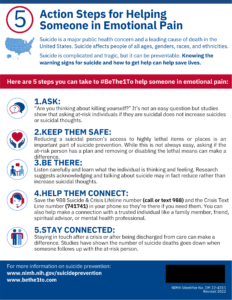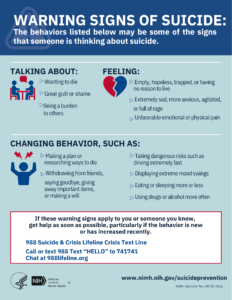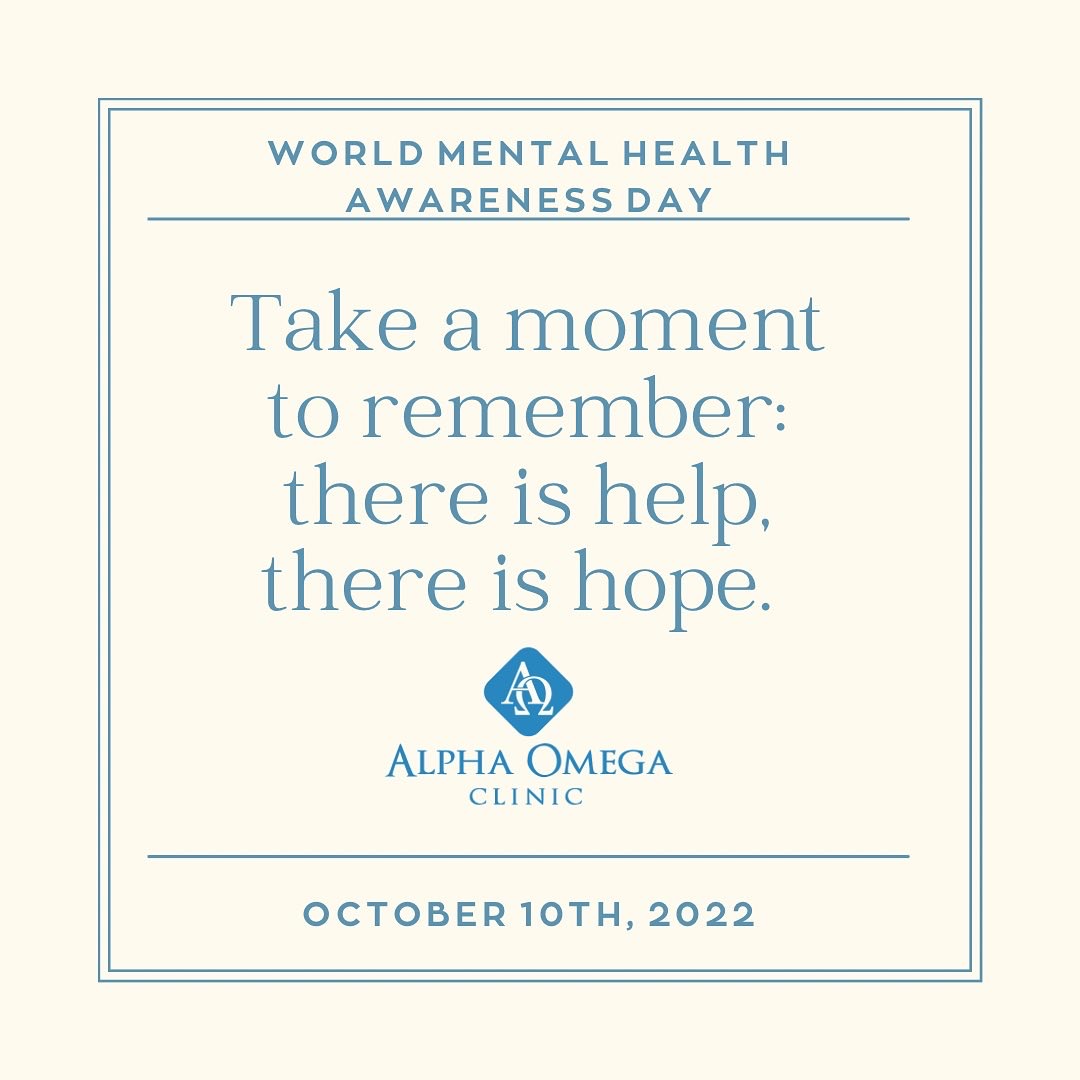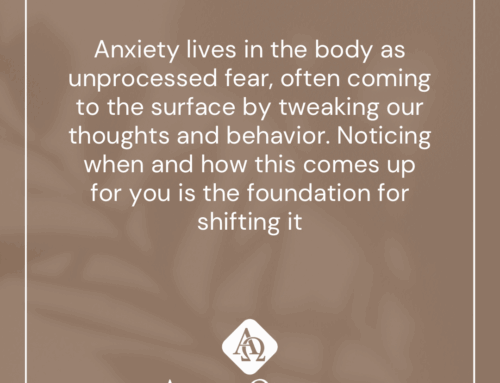In our ongoing efforts to improve the wellbeing of the community we serve, we are using today’s post to offer resources and education. Research has shown that discussing mental health and suicide are actually effective interventions in and of themselves. This is likely because breaking the isolation of suffering is the first step towards getting better. Below we have included a general checklist of mental health symptoms and possible interventions.
Do I have mild symptoms that have lasted for less than 2 weeks?
* Feeling a little down
* Feeling down, but still able to do job, schoolwork, or housework
* Some trouble sleeping
* Feeling down, but still able to take care of yourself or take care of others
If so, here are some self-care activities that can help:
* Exercising
* Engaging in social contact
* Getting adequate sleep on a regular schedule
* Eating healthy
* Talking to a trusted friend or family member
* Practicing prayer, participating in the sacraments
If the symptoms above do not improve or seem to be worsening despite self-care efforts, schedule an intake with a mental health professional.
Do I have severe symptoms that have lasted 2 weeks or more?
* Difficulty sleeping
* Appetite changes that result in unwanted weight changes
* Struggling to get out of bed in the morning because of mood
* Difficulty concentrating
* Loss of interest in things you usually find enjoyable
* Unable to perform usual daily functions and responsibilities
* Thoughts of death or self-harm
Seek professional help:
* Psychotherapy (talk therapy)—virtual or in person; individual, group, or family
* Medications
If you are in crisis, call or text the 988 Suicide & Crisis Lifeline at 988 or chat at 988lifeline.org, or text the Crisis Text Line (text HELLO to 741741).


Want more ways to receive this content? Follow us on Instagram or Facebook or subscribe to our e-newsletter.
* The information provided is for self-enrichment and not intended to replace any necessary mental health treatment.
Warmly,
Jonathan Dixon, LMFT
Alpha Omega Team





